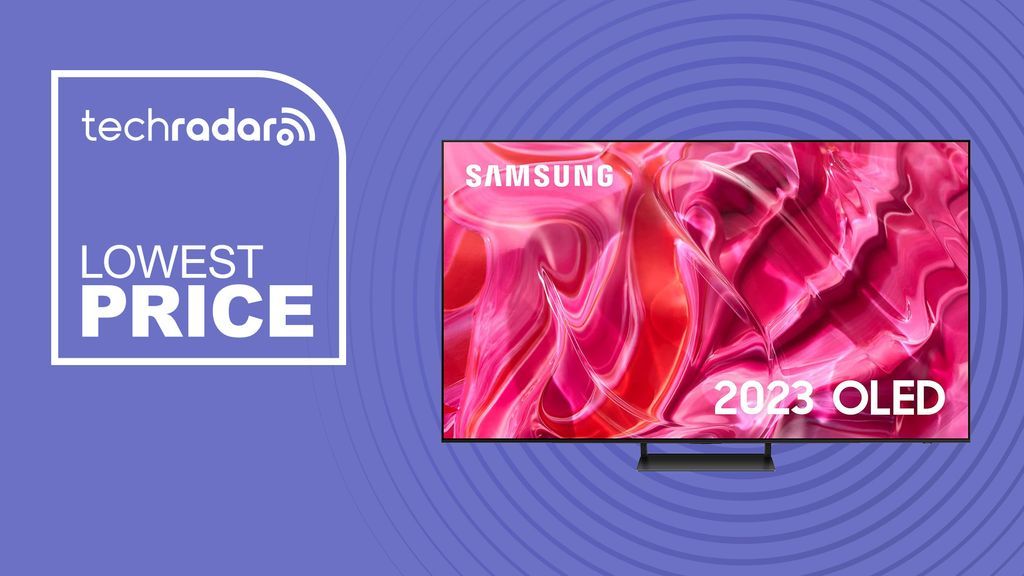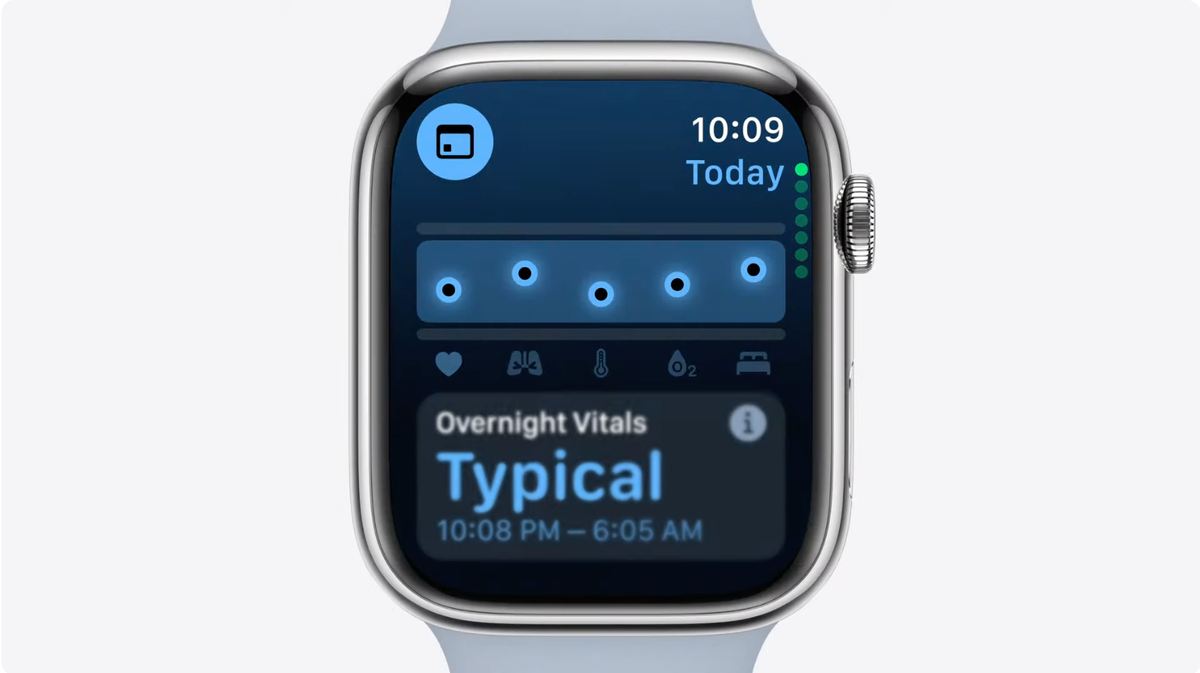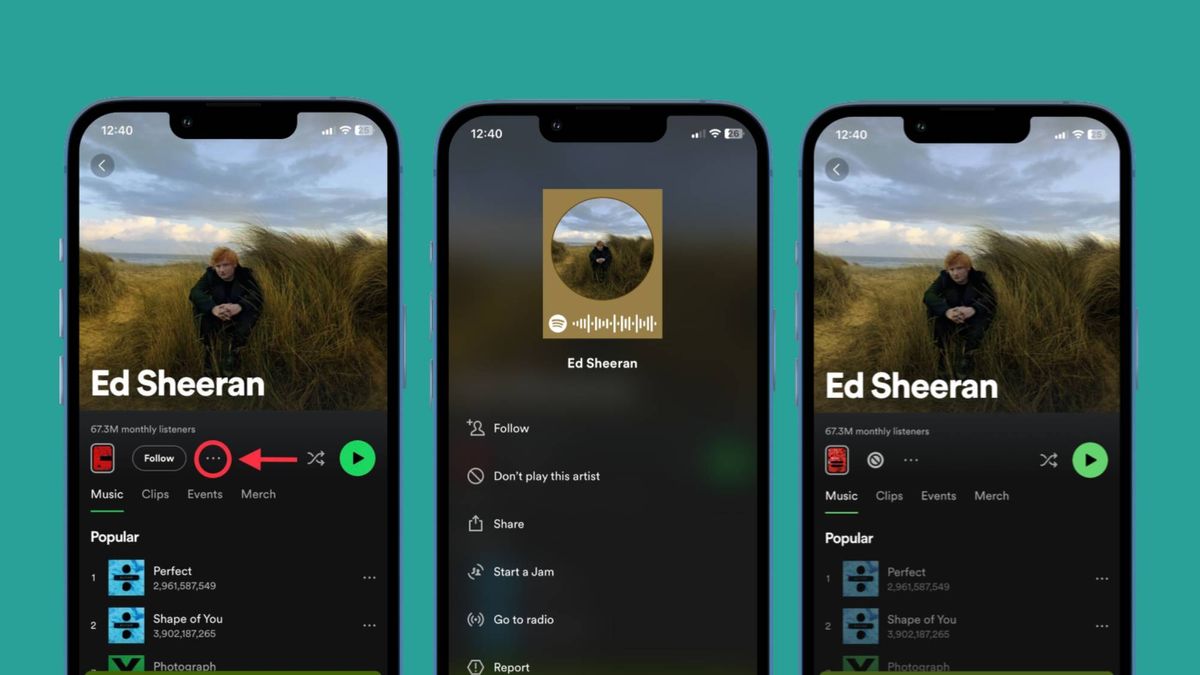At first glance, a proxy server and a VPN (virtual private network) seem incredibly similar. They both act as middlemen when it comes to establishing connections. Essentially, a proxy and a VPN serve the same function: routing your internet traffic through a remote server and assigning you a new IP address, which is virtually anonymous. You can browse the internet knowing that your IP is unknown. And both a VPN and a proxy will provide you with an IP address from anywhere in the world, allowing you to access content as if you were within that local region.
That’s where the similarities begin and end. VPNs are set up at the system level, where encryption takes place, protecting sensitive data and providing that much-needed extra level of security. By using a VPN, no one, from an internet service provider to a pesky hacker, will be able to track you online. While the main purpose of a VPN is to ensure data protection, bypassing content restrictions with various streaming services with individual use is a key aspect of VPNs.
Proxies, on the other hand, do not reside at the system level, but are instead located at the application level, and one of their intended uses is to help collect data from various websites. The action of a proxy is sometimes called data extraction, but is more commonly known as “web scraping.”
A proxy will also work better than a VPN, due to the different levels of encryption, so for the most part, proxies provide a slightly faster connection.
Product Manager, IPRoyal.
The security difference between a VPN and a proxy
In general, a VPN offers additional security compared to a proxy server, mainly due to the encryption that is done at the system level before any data is sent to the VPN server. When it comes to accessing, for example, a free WiFi network at the airport or another public place, keep in mind that there are security concerns when accessing a free VPN.
Proxy servers act very differently and are not all created equal, especially when it comes to security. For example, HTTP (Hypertext Transfer Protocol) proxy servers offer no additional encryption, so you'd expect that with the exception of masking an IP address, security would be minimal. What about Hypertext Transfer Protocol Secure (HTTPS)? You might think you're getting more security than HTTP, but that's not necessarily the case.
Some HTTP proxy servers may support HTTPS, but this capability should not be assumed or relied upon simply because it is a more secure version of HTTP.
What is the value of a proxy server?
If you run a business, proxies are an invaluable tool and can provide a competitive advantage, allowing you to gather vital information from competitors' websites while also extracting everything from various market research to prices for similar goods and services.
Unlike a VPN, a large proxy pool allows web data to be accessed virtually unblocked, even if a large number of requests are generated from the same IP addresses. A proxy pool, unlike a VPN, can send multiple requests at the same time without fear of being blocked, allowing for seamless data collection.
Let's say you're a large retailer looking to beat competitors' prices to gain a competitive advantage in terms of customer loyalty and retention. Collecting data through a proxy group allows you to extract that data without the fear of it being blocked or flagged as inappropriate.
Proxies vs VPNs for web scraping
Both a proxy and a VPN can be used for web scraping, but there are differences to be aware of. Having the right proxy for web scraping (the process of using bots to extract data and content from a given website) helps you avoid the many restrictions and obstacles that are often found with VPNs.
Some of those restrictions include IP blocks and CAPTCHAs, a security measure known as challenge-response authentication. Multiple requests coming from a single IP address are very likely to hit roadblocks, while using a proxy pool allows for unlimited collection of data being sent from multiple IP addresses. Using a proxy server is a safer bet for web scraping, but which proxy is the best?
The right proxy for the right application
Residential proxies are the most popular, as they allow the user a specific IP address corresponding to the chosen device. The advantage of a residential proxy is that the IP comes from a home device and websites are less suspicious knowing that the request is coming from a real client.
Data center proxy servers are much more reliable (in the sense that a normal home device can be turned off at any time. Servers typically never turn off) and faster (since they get a business-grade internet connection instead of whatever the person bought themselves). But they are also easier to detect. If an e-commerce platform sees that a user is coming from a data center, they will at least be a little suspicious.
So which is better, a VPN or a proxy?
While both offer anonymity by hiding your IP address and allow you to access data from anywhere in the world, there are marked differences between the two. Proxy servers do not offer proprietary encryption, making them significantly less secure than a VPN for the typical consumer. VPNs offer greater security, as they encrypt incoming and outgoing traffic. For businesses and individuals who regularly work with sensitive data and need to keep their browsing activity hidden, a VPN is the best option.
For data collection, social media, and retail, there are advantages to using proxies. With data collection, proxies allow you to keep an eye on your competition while remaining completely anonymous, helping to level the playing field between businesses. Social media proxies essentially become the middleman between users and platforms like Facebook, Instagram, and TikTok. These proxies offer their IP address and location, allowing users to operate multiple accounts without being detected. For retail businesses, bots and proxies are used to automate the checkout process.
We list the best VPNs for businesses.
This article was produced as part of TechRadarPro's Expert Insights channel, where we showcase the brightest and brightest minds in the tech industry today. The views expressed here are those of the author, and not necessarily those of TechRadarPro or Future plc. If you're interested in contributing, find out more here:









